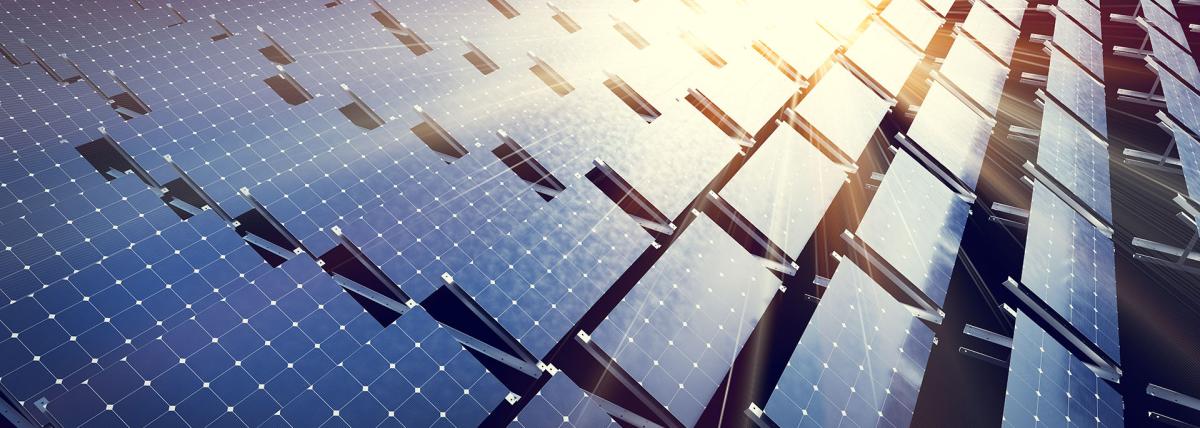
Earth Day Ocean Clean Up
by Tonya Page
In this lesson, students will collaborate to design and engineer a product to contain and clean up an oil spill while saving the affected wildlife. They will also accurately complete an itemized receipt. Then, students write a multi-paragraph passage communicating their oil spill cleanup experience, struggles and man-made effects on the environment. This real-world problem-solving lesson allows students to develop a deeper understanding of issues that impact wildlife and how to create solutions.
Lesson Grade Level
6th GradeLesson Plan Link/URL
https://docs.google.com/presentation/d/16xta17SeZx_NjfC4LXv6pYKWPKZ-wYI8/edit?u…Subject Area
Science Physical Science P1: Matter Life Science L2: Organisms & Energy Engineering S1: Engineering & Global Society S2: Apply the Engineering Design Process S3: Apply Mathematics to Engineering S4: Apply Science to Engineering S6: Apply Communications to Engineering S7: Apply Project Management to Engineering Mathematics Operations and Algebraic Thinking (OA) Number and Operations in Base Ten (NBT) The Number System (NS) English Language Arts (ELA) Reading (Informational Text) Writing Speaking & Listening
Featured
Off
Related Content

Grades:
9th Grade, 10th Grade, 11th Grade, 12th Grade
Using the Introduction to Hydroponics lab, introduce students to the features of the Hydroponic Systems. Students will explore the different types of grow mediums and grow lights used in the systems

Grades:
5th Grade
In this engaging lesson, students work together to design a water filtration system to separate pollutants from water. This lesson takes about 120 minutes to complete. Various resources are included!

Grades:
5th Grade
Can a water fountain be solar powered? YES! In this engaging lesson, students will engineer a solar powered water fountain to show how energy transformed and transferred throughout their system. Each